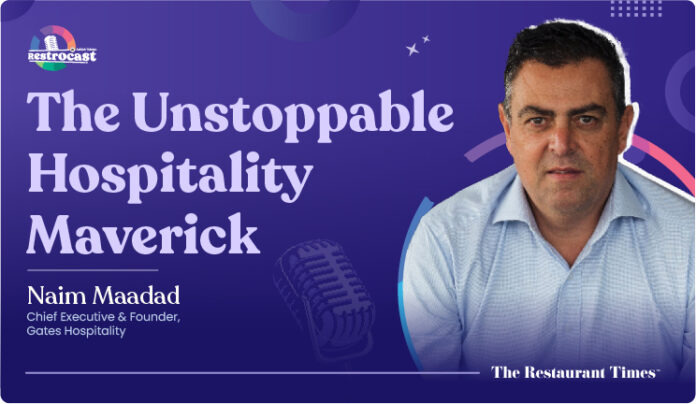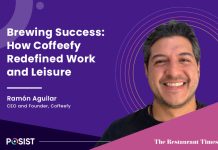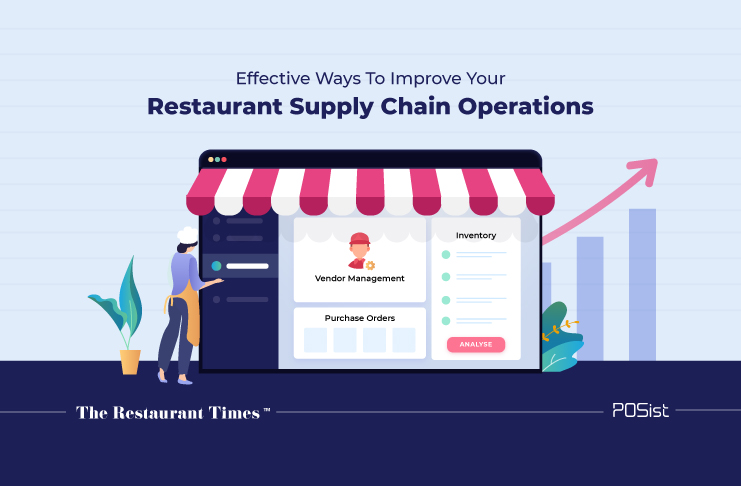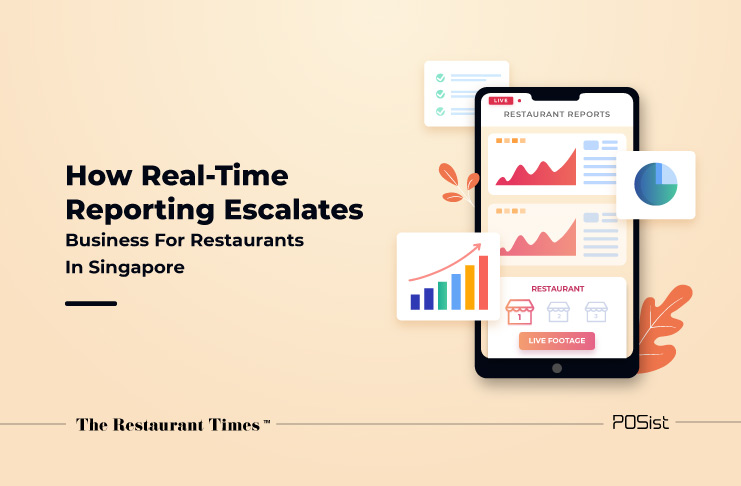Meet Naim Maadad, the founder of Gates Hospitality and a founding member of Dubai Restaurant Group, which now is UAE Restaurant Group. That’s what the world knows. What it may not know, however, is that Maadad is a man of many talents.
In his career, he picked up so many right things and so many good relationships, including some of the languages, as wild as Japanese, to ensure that he’s able to deliver the right quality in his work while in Japan. And this is just one part of it.
A student of economics, theater, and lifetime employment, and a lover of politics – he believed the hospitality industry was not for him. Then how did Maadad end up becoming a big name in the hospitality and restaurant industry? It all started with his uncle’s chain of restaurants, carried on at the Hilton Hotel and Hayman Island Resort. Intrigued? Let’s find out.
Tap on the play button and embark on Maadad’s journey from being an Economics student to becoming a founder of a leading hospitality company.
In Conversation With Naim Maadad, Chief Executive & Founder Gates Hospitality
This episode on F&B talks with Naim Maadad about his journey as a leading name in the hospitality industry, the challenges he faced, the different cultures he experienced, and the change in the restaurant industry over the years. And how Japan played a very crucial role in shaping him into what he is today, both personally and professionally.
Lessons from Japanese Work Ethics
The traditional work culture in Japan emphasizes extreme dedication to work. The Japanese appreciate quality over quantity, and the loyalty they share with other stakeholders is inspiring. Maadad Experienced this first hand, having worked in the Japanese hospitality industry for quite a few years.
According to Maadad, who at one point was an F&B director at Grand Sheraton in Yokohama, his stay in the country taught him not only to value quality but it helped develop his mindset to be driven by performance and finance. Japan has the best price policy for rooms, he said. The pricing strategy changes literally by the minute, by the hour.
This is because the technology was developing at a rapid pace.
Furthermore, working in a foreign country meant interacting and communicating with the locals was quite a challenging feat. “You’re dealing with 85–90% Japanese every meeting I went to, I had my PA who was translating, and while she did an amazing job, I always wondered in the back of my mind, am I missing the punchline?” he says.
This lack of communication and the fear of important stuff being lost in translation made him take up learning the Japanese language. This, in turn, gained him a lot of respect from his team. “I think they knew that I was serious about being there. They knew I was serious about comprehending what’s happening around the place,” he said.
All this was about the work front, but Japan helped shape not only Maadad’s work ethic but also his personality. It taught him empathy, sustainability, and respect, and developed his mindset into one of service.
Agility in Planning and Execution
Planning is like mental time travel. It requires that you have the foresight to consider all future events using logic and imagination to visualize the result. Then you define the steps necessary to achieve that result.
Maadad says the Japanese planning process is especially rewarding because while thinking ahead for the future, you’re not pressed for time. In fact, in Maadad’s organization, the planning process is so well-laid out and defined that they start their planning for the Christmas festivities as early as June.
“You’re planning correctly based on the event and what the event deserves, and what the event should deliver. So you have sufficient time to explore every option out there and make sure you come up with the best option for the business model,” he said.
Now, you might be wondering that planning in advance might kill agility, or you might miss out on the opportunities that might come up once the planning process is complete. And it might, given the advancing technology and global domination in today’s world, but that wasn’t so much the case when Maadad was starting.
“I was there at the right time with the right organization to say – that’s what we do,” he said. The market and consumer demand were different at the time, he added, and it worked in his favor.
Creating Experiences is the Key
In 2008, Maadad and his team opened Six Senses Zighy Bay. The resort is located a few miles from the beachfront and is nestled behind mountains. But it was the experience — the paragliding arrival experience, water experience, and arrival all by road — that created a buzz and got the media’s attention.
And more than a decade later, the resort is still doing pretty well as it provides guests with the experiences that they long for.
Another way to look at experiences is from the view of a worker in the hospitality sector. No one gets to reach the top without hard work, patience, and persistence.
A couple of things that draw Maadad’s attention in an individual’s CV are – Where are you working? What are you doing? But more importantly, what he looks for is stability. He looks at the growth factor of the individual through their moves in their career. According to him, you can teach people anything, but you can’t teach them manners, gratitude, and attitude.
Additionally, Maadad believes in something that he likes to call the three-year cycle. In the first year, you need to engineer what you’re planning to do by putting mechanics into place and designing the device.
In the second year, you apply what you have engineered – make sure it’s fully engaged, fully applied, and put to the test.
And in the third year, you have got to enjoy what you have designed and applied.
“So year one, year two is about making sure it’s all there, and year three, enjoy it and leave with a legacy saying that’s what we’ve done,” he added.
On the Michelin Guide Entering Dubai
A Michelin Star is a global restaurant rating scale from the Michelin Guide that ranks restaurants based on the quality of the food served. Considering this, the Michelin Guide is very selective about which cities they choose, how, and why. Michelin has always been deliberately mysterious, which is admirable because it’s their company and their business strategy.
They have inspectors residing in the country who come in and out, and their selection processes are unknown to everybody. But, of course, if you have people in the market, you have a very good understanding of performance, continuity, who is eligible to be selected, who is not, who should be measured, and who should be paid a visit to see that they are qualifying or not.
When Michelin completes this cycle of assessment, you will be invited to an event where you will be informed of your position in their cycle of assessment. So you have no say in the matter, but of course, certain market organizations that have been exposed to the assessment, begin to identify the questions that are asked about the cycle that they go through.
This is why Michelin entering the Dubai market is nothing less than a success story in itself. “It’s a huge milestone because what it tells me as an individual, as a business owner, as a business, a leader, if I may, is that Dubai is on the international radar today. So it’s no longer an up-and-coming city. It’s a city that is making waves. It’s a city that’s trying to attract attention. It’s a city that’s making a change in everyone’s life. It’s an aspirational city. And for me, that’s already a success story,” says Maadad.
But he also says that operating a restaurant is more about doing things for yourself, than for Michelin. “But if you enter a business to become a celebrity, you might as well go to Hollywood,” says Maadad. And if your goals and standards align with those of the Michelin, then you will earn the award, but even if you don’t, it doesn’t make you any less of a winner. “But what we are getting from them is…a big acknowledgment of their recognition of what we are doing,” he says.
He also mentioned that running in the race for the Michelin can be disturbing for many business owners and chefs because if they don’t qualify, the mental implications that it could have on a restaurant are quite drastic.
Leadership is All About Being Accountable to Yourself
These days there is little consistency in whatever you say and do. If you are not consistent in front of your employees, you may be left behind. Therefore, as a leader, you must constantly ensure that you have a procedure in place to nurture yourself, learn, gain exposure, and consider what tools you need to do so.
With over 25 years in the hospitality world across various senior management roles, we don’t think anyone is best suited to answer questions about leadership in the hospitality industry than Maadad.
According to Maadad, leadership is all about having the ability to push oneself because you don’t have a boss. You’ve got to be accountable to yourself to measure your success, you’ve gotta drive yourself and push yourself.
Maadad’s guiding principles and methods as a leader are simple: he brings together like-minded financiers, operators, and brands to establish concepts, build successful portfolios, and continue to influence the hospitality sector.
Related Recommendations:

















